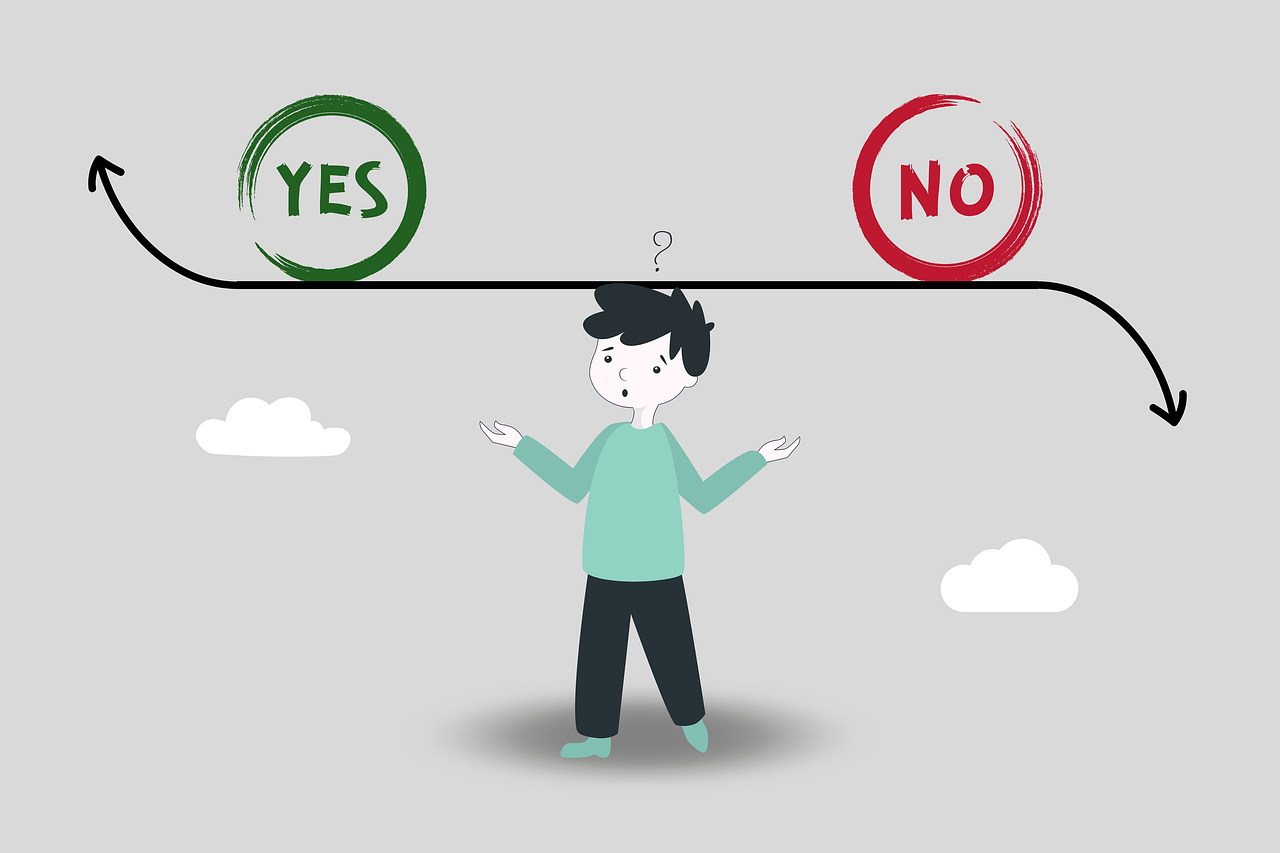Blog Archives


I’m running some tests here, so you will start seeing some posts. Each will just showcase an image.

Maybe, and not too temporary [Ed note: It was permanent]. Due to some resource issues with our domain host, I am having to cut down on bandwidth. Since this site is currently inactive, it’s a good way to save .2GB of bandwidth a day.
The site will come back up, maybe/hopefully with new content, in a couple of weeks.
I will be monitoring site activity over the next day or two and will make a decision then.
Lain goes to a Montessori preschool. We liked the Episcopal one that she went to before, but we came to the conclusion that she needed a different sort of interaction than they could give her (which was much more of a group-classroom setting).
The two schools cater to different markets. The Episcopal one is super duper inexpensive, and the Montessori one isn’t. The Episcopal one was religious but in an Episcopal sort of way. But they emphasize it in their literally, largely because I think they know the local market. More fundamentally, though, Montessori schools are Montessori. Open, freewheeling, and so on. Less structured. The result of this is that the Episcopal school had a lot of more conservative, less well off families. A lot of grandparents there at dropoff and pickup either because they were the free babysitting or because the parents were out of the picture (a common thing out here). The parents at the Montessori school had more stay-at-home parents like me, older parents, and generally more liberal parents (or at least hippie-oriented).
There are eighteen kids at the Montessori and around pickup time there are usually three or four Subarus. It’s all so very stereotypical.
Except one thing: The food.
We mostly supply our kids own food, but there are also snacks that we alternate providing. And the snacks and stopgap foods are… crap. Junk food. The junkiest of junk food. Junk food I had never even heard of. It’s enough that it’s often difficult to get Lain to eat the lunch we prepare for her because the salty, greasy chips and whatnot are much tastier. When it’s my turn to supply the food and I ask what they want, they recommend the crappy food that is usually there.
It’s enough to make me (me!!) almost feel like a food snob.
A while back I wrote something about distracted driving and attempts to tech around the issue:
Many applicable mobile apps aren’t even trying. One of the better navigation apps out there is HERE We Go. It has offline maps, up-to-date maps, decent time estimates, and good speed limit alerts. However, if you’re wanting to put in a destination that’s already in your address book, you’re looking at a minimum of six button presses and usually seven. The good news for them and other drivers is that I’m not going to even attempt that on the road (Google Maps has reasonable good voice direction), but it doesn’t appear to be designed with actual use in mind. Due to this, I often just end up not using it to begin with.
Others, meanwhile, may be trying too hard. I can’t speak to Apple’s efforts, but I’ve test-driven Android Auto and found that the biggest problem I had with it was that it was way too conservative. I simply can’t do the things I want to do with it. Rather than meekly accepting this, I end up bypassing it entirely and using my own setup. I think my setup has a similar risk profile as using a dash-top GPS device and the car stereo; it could be a lot safer. But Google has its own concerns, the biggest of which is they have strong liability incentives to err on the side of caution. If I’m not using their system and I get into an accident, that’s not their problem. If I’m using their system, plaintiff’s attorneys may start asking, “Why did you allow this feature that took people’s eyes off the road?” The end result is more overall risk.
We might like to think that we can convince people not to do dangerous things, but that’s not going to work. We’re at that uncomfortable phase where we have the ability to do more things than ever, but we haven’t figured out how to make it easy, non-distracting, and seamless. All the while, we are arguably discouraging further innovation that will help us get there faster. The long term solution is going to be cars that scan for pedestrians and whatnot. But in the meantime, suggesting that we should keep these things shelved until they’re really safe is ultimately going to be encouraging people to text with one eye and one hand while trying to keep the other one of each on the road.

Photo by xyzoptics9 
Sometimes, though, it’s quite worse than nothing. There are aspects of Android that may fall into that category, unfortunately. Specifically, their voice system needs a lot of work and in some cases may actually be worse than nothing.
There are two ways I listen to music when I’m driving, one of which is an app called Poweramp and another is the Google Play Music app. In the former case, if you’re looking for a particular song or artist you have to navigate your way to it. That’s eyes off the road and that’s not good. The latter works with voice very well! I say “Play Gary Allan Smoke Rings In the Dark” and it plays “Smoke Rings In The Dark” by Gary Allan and if I say “Play Gary Allan Smoke Rings In the Dark album” it will play the album by the same name. When it works, it’s a much, much safer alternative.
Except that when it doesn’t work, it’s worse than going through menus. And the problem is that it works about 75% of the time. The main way to know whether it’s working or not is to actually watch it. Which means taking your eyes off the road. Worse yet, with Poweramp you can at least choose *when* to take your eyes off the road. You can find some point where there are no cars around you, then tap tap tap. Not good, but not the worst. Meanwhile, with GPM the tendency is to watch and see what it’s doing right then and there regardless of what’s going on around you.
Now, you can actually avoid this by only doing the voice system at a point in driving where you would be comfortable with tap-tap-tap, but it’s not as intuitively obvious that you should and so it’s easier not to.
So the long and short of it is… Android has a lot of work to do. Lives probably depend on it.
There was great alarm in media and on Twitter as a poll suggested 51% of Republicans consider the media to be “enemies of the people.”
{Gasp} That’s terrible. Probably Trump’s fault.
Only 37% of Republican voters say the news media is "an important part of democracy" vs. a majority, 51%, who says it's "the enemy of the people," via new Quinnipiac poll today.
— Ryan Struyk (@ryanstruyk) April 26, 2018
Except it was mostly the poll’s fault. You can get different answers to the same question depending on how you phrase the question and phrase the answer. This one was a doozy. What, you may ask, were the alternatives to the media being “enemy of the people” and “important part of democracy”?
There were none.
Now, as far as I am concerned, the media is an important tool for democracy and is not an enemy of the people, but the way this question is set up most people are going to read it as “Do you like the media? Yes or no?” And a little over half said no. Maybe that’s not optimal, and maybe Trump takes some of the blame for that or that takes the blame for Trump. But those are different questions than the alarmist one about whether or not they are enemies of the people. And polls like this don’t really help.
I’m not really going to bat for the GOP and their voters’ relationship with the media. I’m willing to believe that they are overly hostile to the media. But you’re going to need a better poll than this to demonstrate it.
"Okay, so we invented viable and fully functional jetpacks, what do we do now?"
Japan : "SAMOURAI FIGHTS!!!" pic.twitter.com/X8dy5XTN23
— Karen-chan 🍂 (@Fire_Sister_Bee) March 24, 2018
Why catastrophising is my idea of a good time
My pet problem is human population. I think those demographers were right. Because I’m so fiercely attached to my own version of the world — even more so than to the future prosperity of humanity, apparently — you should distrust anything I say about population. In kind, left-wing westerners are mightily attached to a gaping gulf between developed and developing countries that doesn’t exactly exist anymore, the better for progressives to feel as guilty as possible, because, gloriously, it’s all their fault. Tell them that poverty is on the wane, most of the world lives in a medium-income bracket, and the gap between rich and poor has narrowed, and they will get annoyed. They also won’t believe you.
The idea that the end of the world is nigh is invigorating. A dark horizon makes the foreground more vivid, and life seems more precious when it’s imperilled. Complacency about how delightfully matters are puttering along feels passive and soporific. For those of us addicted to shooting up gloom and collapsing in an ecstasy of inexorable Armageddon, optimism appears pallid, nay, repulsive — not an opiate, but a disgusting mug of warm milk.
I am pretty much the opposite. Even the things I know how the potential to be catastrophic in ways that my brain can comprehend (such as antiobiotic resistance), I yearn to push them out of my mind. And succeed, for the most part. All of this is not good when we can do something about (as many believe about climate change), but most of the time I can’t.
And here’s a (very) country song that you’ve never heard on the subject:
A few weeks ago I wrote about corporations and politics, using the NRA boycott as an example of how the left is learning to make peace with using economic muscle to get what it wants. They’ve also done a good job of framing it as markets at work. I would argue that maybe this is one of those cases that capitalism and markets diverge, and that this may be more of the former than the later. At the least, I think there was something else going on:
A lot of people made it seem like capitalism and markets, and while there was some of that there was something else going on: The people who made those decisions were sympathetic. Delta didn’t run thorough cost-benefit analyses. They didn’t do market research on which paths would have helped and hurt them. They made their decisions quickly. Corporations are made of people, and people make the decisions. Delta and FedEx had pretty similar sets of incentives. One made one decision, one made the other. Increasingly, though, the people in important corporate positions are sympathetic to the social causes of the left. As they have burned all of the bridges from their island to the mainland, this is going to be an increasing problem for the right. But for the left, it’s a windfall.
The pushback I get from this is that corporations make decisions based on money and therefore if they made this choice, it was about money. What that misses is situation likes this, where you’re dealing with a lot of ambiguity. You don’t have time for market-testing. It’s hard to even say what appropriate market testing would even look like. What’s the A-B test here? So in the absence of a clear indication of what to do, decisionmakers are going to follow their instincts. Their instincts are colored by their worldview and their social environments.
In other words, I think the decisionmaking looked like this:
You have to work really, really hard to try to fit the CEO complaining about getting the stinkeye into the “markets at work” paradigm. Further, this is where cultural influence matters a great deal. Whose criticism is Harding worried about? What do those people think? Assuming no successful boycott, one of them is probably worth ten of the kinds of people he doesn’t otherwise associate with.Peter Harding doesn’t look like the bad guy. He doesn’t resemble the villain who is responsible for putting mountains of sugar into fizzy drinks and turning the country’s youngsters into a generation of fatties.
But that’s how Harding, who runs Lucozade Ribena Suntory – the UK soft drinks business owned by Japan’s drinks giant, Suntory – was made to feel by everybody from Jamie Oliver to health campaigners and the media.
“I was being stared at, at the school gates by other parents. Jamie Oliver was beating me up, so were other celebrities, NGOs and the media. They were demonising me as though sugar were the new tobacco. The criticism was not nice for anyone, including our employees.”
When conservatives retreated to Fox News and away from the media (entertainment and news) and act as renegades against academia, this is what they gave up. Going forward, the people who make the decisions are likely not to be in their corner, from a social or instinct standpoint. That matters a lot! When there were clear business considerations, a number of companies actually didn’t cut ties with the NRA. Google, Roku, Apple, and Amazon all stopped short of letting it interfere with their actual business plans, and Dick’s Sporting Goods appears to be the only one willing to pay a price. It was only when a decision favored dropping the NRA or it was ambiguous. And given how quickly everything moved, it was usually ambiguous.
In this case I strongly suspect that this was not a good business decision. To argue that it is requires more heavy lifting than can be done. To me, whether this was the right decision or the wrong one depends on how it tastes, but it was clearly a decision based on the moral intuitions and social circumstances of the decision-makers. And in that, it wasn’t alone.

